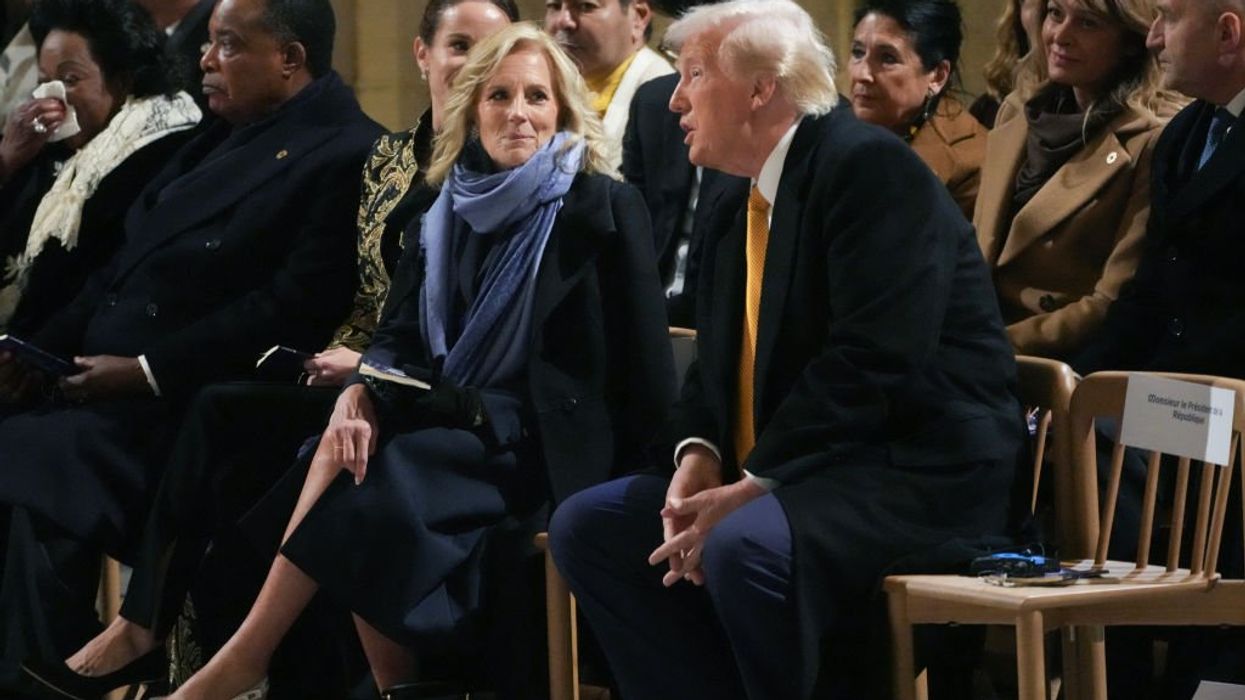
© 2024 Blaze Media LLC. All rights reserved.
"...if litigation were allowed to proceed against persons allegedly assisting in such activities, `the private sector might be unwilling to cooperate with lawful government requests in the future.'"
A federal appeals court has ruled as constitutional a law giving telecommunications companies legal immunity for helping the government with its email and telephone eavesdropping program.
Thursday's unanimous ruling by a three-judge panel of the 9th U.S. Circuit Court of Appeals affirmed a lower court decision regarding the 2008 law.
The appeal concerned a case that consolidated 33 different lawsuits filed against various telecom companies, including AT&T, Sprint Nextel, Verizon Communications Inc. and BellSouth Corp. on behalf of these companies' customers.
The court noted comments made by the Senate Select Committee on Intelligence regarding the legal immunity's role in helping the government gather intelligence.
"It emphasized that electronic intelligence gathering depends in great part on cooperation from private companies ... and that if litigation were allowed to proceed against persons allegedly assisting in such activities, `the private sector might be unwilling to cooperate with lawful government requests in the future,'" Judge M. Margaret McKeown said.
The plaintiffs, represented by lawyers including the San Francisco-based Electronic Frontier Foundation and the American Civil Liberties Union (ACLU), accuse the companies of violating the law and the privacy of its customers through collaboration with National Security Agency (NSA) on intelligence gathering.
The case stemmed from new surveillance rules passed by Congress in 2008 that included protection from legal liability for telecommunications companies that allegedly helped the U.S. wiretap Americans without warrants.
"I'm very disappointed. I think the court reaches to try to put lipstick on a pig here," said Cindy Cohn, legal director of the Electronic Frontier Foundation, who argued the case before the panel. "I think what Congress did was an abdication of its duty to protect people from illegal surveillance."
However, Thursday wasn't a total loss for plaintiffs challenging the government's surveillance efforts.
In a separate opinion, a three-judge panel of the court revived two other lawsuits that seek redress for telecom customers whose information may have been compromised by the surveillance program.
Two groups of telecom customers sued the NSA for violating their privacy by collecting Internet data from AT&T and other major telecom companies in the surveillance program.
Government lawyers have moved to stop such cases, arguing that defending the program in court would jeopardize national security and expose state secrets.
"The government has been swooping up millions and millions of communications by ordinary people, then sorting through them to figure out what they really want," Cohn added, according to the Los Angeles Times.
"This country was founded on the idea that you don't just round up everybody and then sort out later who you want, that the government has to make a specific allegation against someone to spy on their communications."
The suits will be sent back to U.S. District Court in San Francisco.
The Associated Press contributed to this story.
Want to leave a tip?
We answer to you. Help keep our content free of advertisers and big tech censorship by leaving a tip today.
Want to join the conversation?
Already a subscriber?
more stories
Sign up for the Blaze newsletter
By signing up, you agree to our Privacy Policy and Terms of Use, and agree to receive content that may sometimes include advertisements. You may opt out at any time.
© 2024 Blaze Media LLC. All rights reserved.
Get the stories that matter most delivered directly to your inbox.
By signing up, you agree to our Privacy Policy and Terms of Use, and agree to receive content that may sometimes include advertisements. You may opt out at any time.


